Every year, consumers around the world purchase approximately 80 billion new pieces of clothing. As a t-shirt manufacturer in China, it is our duty to add our concern for the environment when we chase fashion. Let me introduce you something about organic cotton.
What’s organic cotton?
In the production process of organic cotton, natural farming management is mainly based on organic fertilizer biological control of diseases and insect pests. Chemical products are not allowed, and all-natural and pollution-free production from seeds to agricultural products.
Difference between organic cotton and ordinary cotton
Seeds
Organic cotton: Only 1% of the world’s cotton is organic. The seeds for planting cotton must be [non-genetically modified]. Due to low consumer demand, it is becoming more and more difficult to obtain non-genetically modified seeds.
Ordinary cotton : It is usually grown with genetically modified seeds. Changes in these genes may have a negative impact on the toxicity and allergies of crops, but the crop yield and environment are generally unknown.
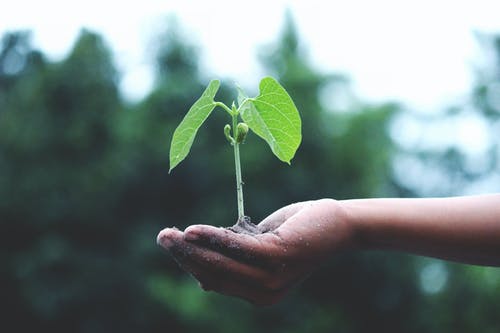
Water consumption
Organic cotton: 91% of water consumption can be reduced during the planting process. 80% of organic cotton is grown in dry land. Technologies such as composting and crop rotation make the soil more water-absorbent and increase the effectiveness of water use. Watering is not necessary.
Ordinary cotton: Conventional farming practices reduce soil water absorption, so more water is required.
Chemicals
Organic cotton: non-toxic pesticides. The absence of toxic chemicals makes cotton farmers, workers and agricultural communities healthier. (The harm of genetic modification and pesticides to cotton farmers and workers is unimaginable.)
Ordinary cotton: 25% of the pesticide use in the world is concentrated on traditional cotton. Aldicarb, parathion and methamidophos are the three most serious pesticides commonly used in traditional cotton production. Of course, they are harmful to humans. The health hazard is the greatest.
Influence
Organic cotton: Organic cotton means a safe environment, reducing global warming, reducing energy use, reducing greenhouse gas emissions, improving the diversity of the ecosystem and reducing farmers’ financial risks.
Ordinary cotton: Fertilizer production, field fertilizer decomposition and tractor operation are important potential causes of global warming. Increasing the health hazards of farmers and consumers.
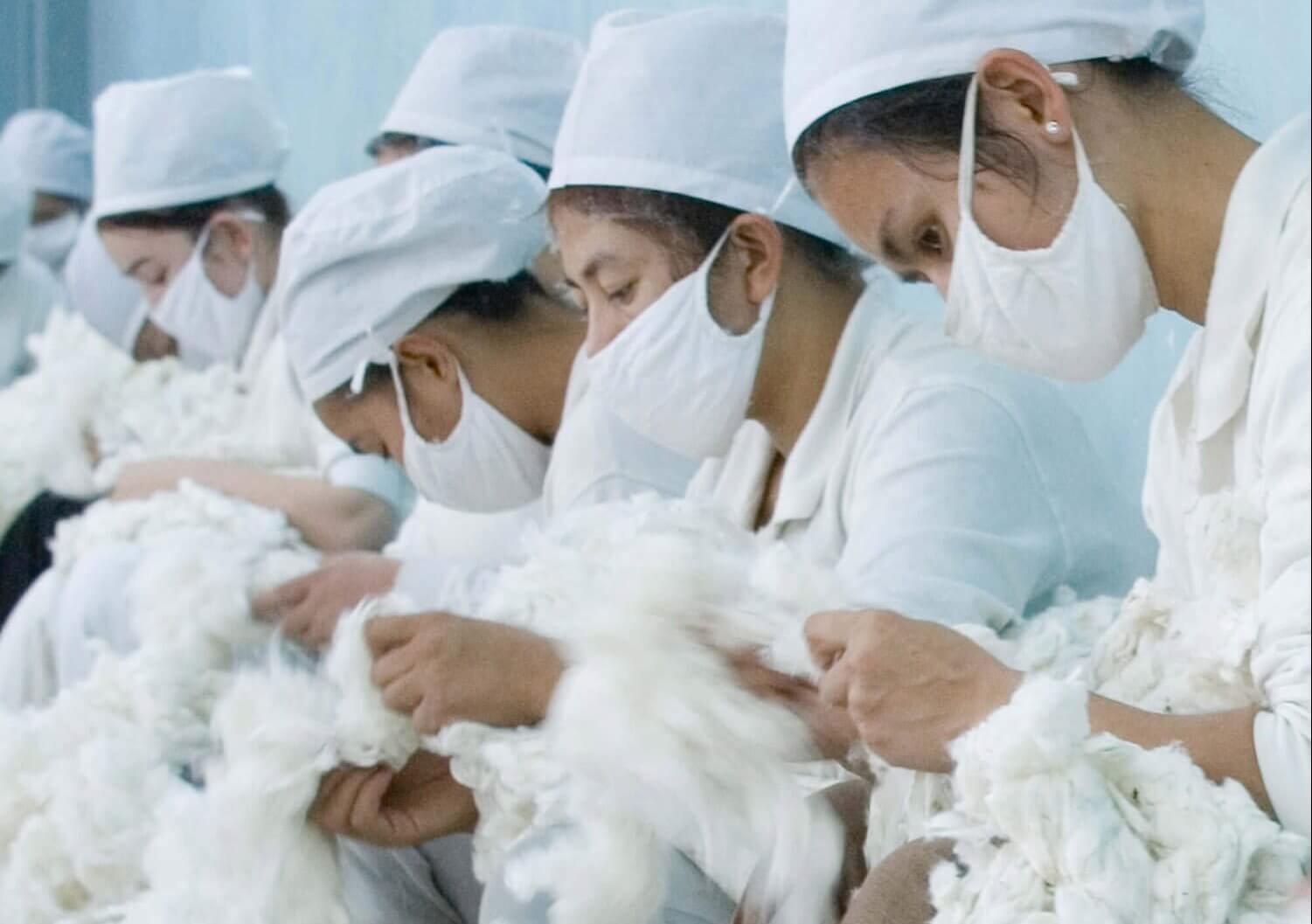
Organic cotton planting process
Soil
Organic cotton: The soil for growing organic cotton requires a 3-year organic conversion period. During this period, the use of pesticides and fertilizers is prohibited. Fertilizers are organic fertilizers such as plant waste and animal manure (such as cow and sheep dung).
Ordinary cotton: Applying chemically synthesized fertilizers, the fertility of the land is continuously decreasing, and the compaction problem is serious.
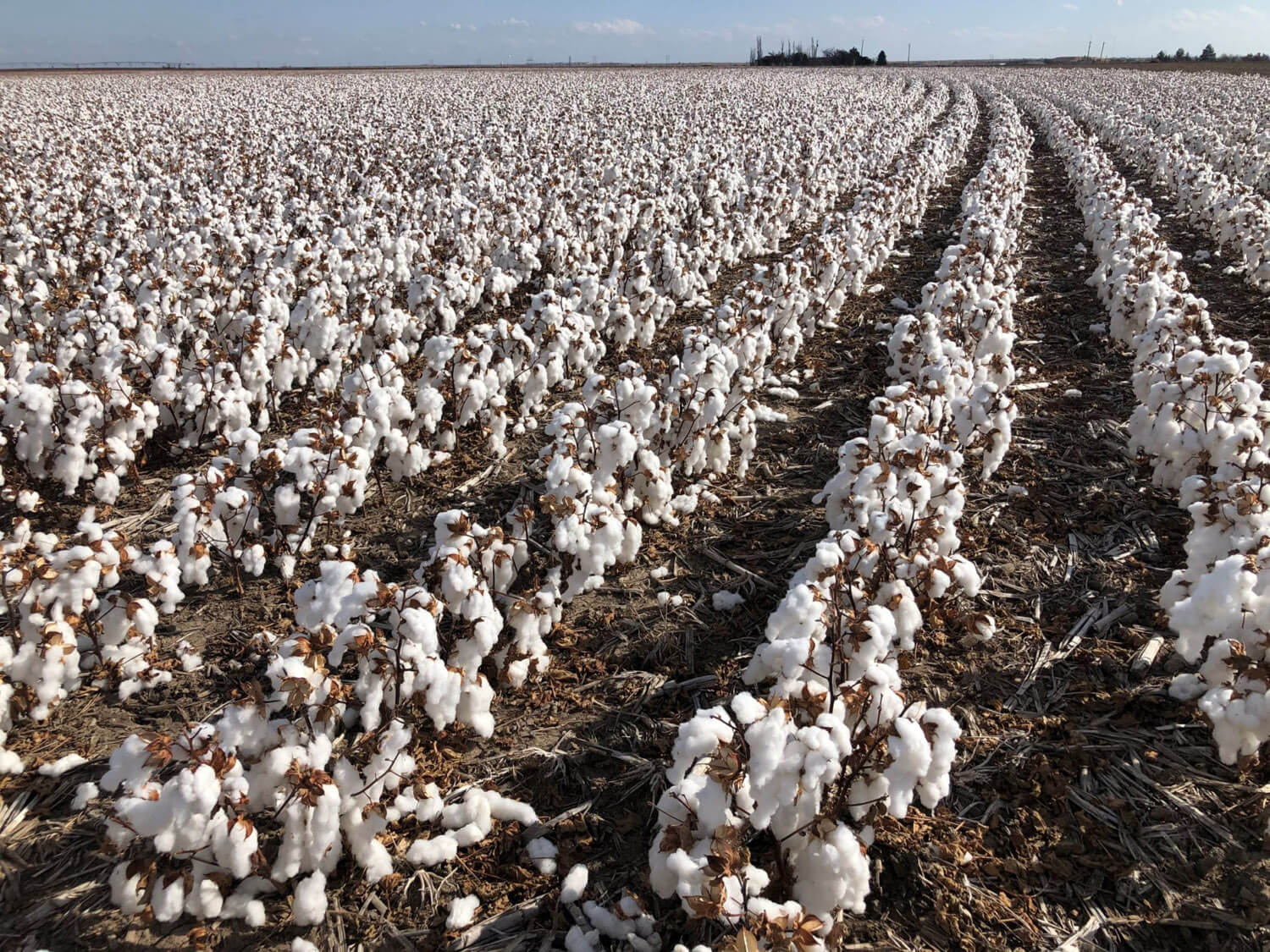
Wedding
Organic cotton: Use manual weeding or machine turning soil to cover weeds with soil to increase soil fertility.
Ordinary cotton: A large amount of herbicides are used to pollute cotton and cotton field soil.
Deworming
Organic cotton: Use animal natural enemies for pest control, biological control or phototaxis of pests, and use insecticidal lamps for physical trapping and killing.
Ordinary cotton: After the use of various pesticides and pests to form resistance, the amount of pesticides used is increasing, and the toxicity is getting stronger and stronger, causing a vicious circle.
Pick
Organic cotton: During the harvest period, when the leaves are naturally withered, they are picked manually with natural color cloth bags to avoid the pollution of fuel and oil to the crops.
Ordinary cotton: Use chemical defoliants to force the leaves to wither and fall, and forcibly harvest cotton.
Textile
Organic cotton: Use biological enzymes, starch and other natural auxiliaries for degreasing and sizing during processing.
Ordinary cotton: Various chemical slurries that are difficult to degrade and chemical additives that are harmful to the environment are used during processing.
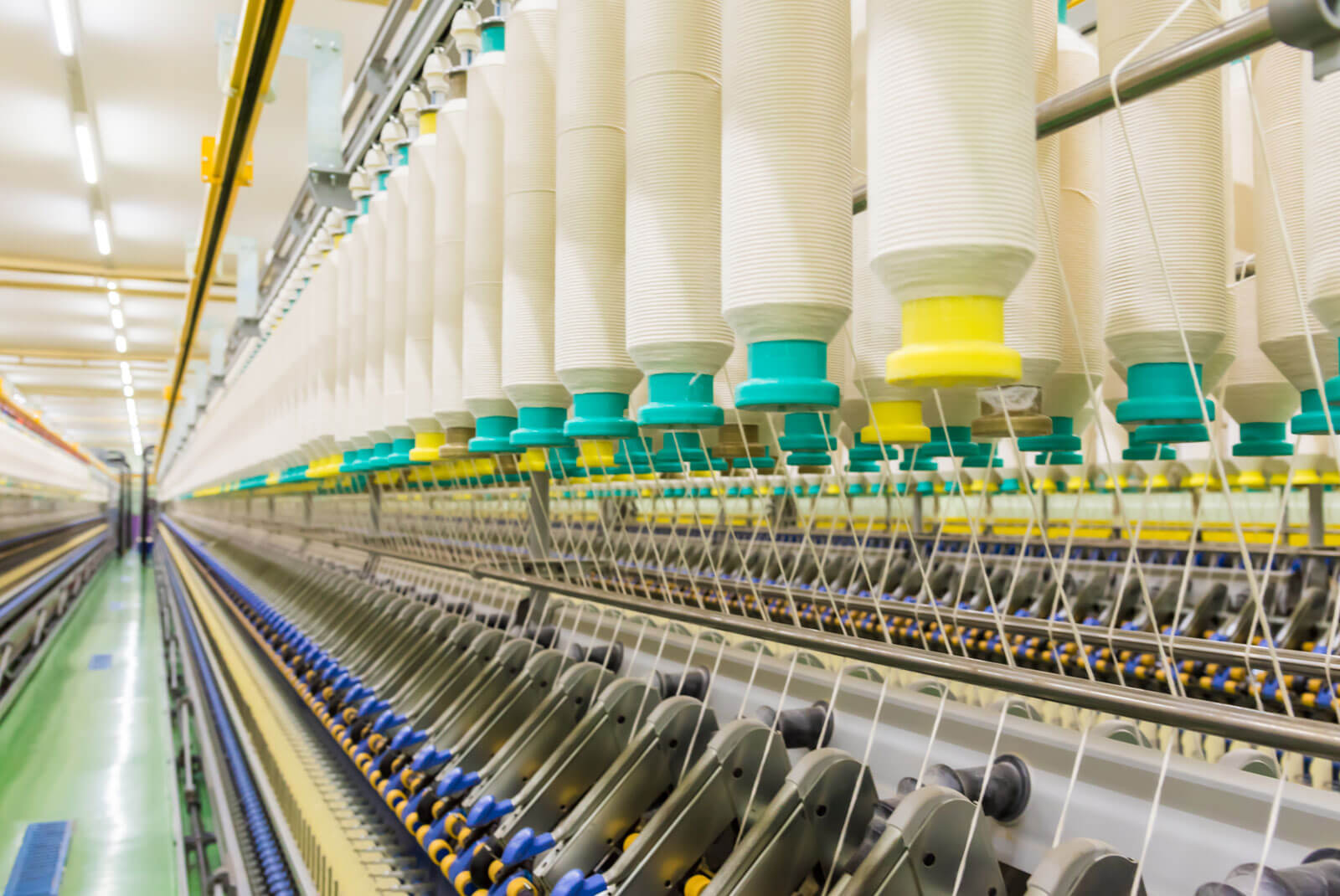
Dyeing
Organic cotton: Use organic colored cotton or the soft original color of cotton fiber, without dyeing or bleaching. Using pure natural plant dyes or environmentally friendly dyes that have been tested and certified.
Ordinary cotton: Strong acids and alkalis are commonly used for bleaching, dyeing, and fixing, causing heavy metals and formaldehyde in cotton fabrics to exceed the standard.
Organic cotton ≠ organic fabric
The clothes may be printed with “100% organic cotton”, but there is no GOTS certification mark or China organic product mark and organic code. This kind of product may use organic cotton as its raw material when spinning, but its fabric production, printing and dyeing, and garment processing may all be the same as conventional products.
How to distinguish organic cotton
All GOTS certified textiles must have the “GOTS” mark on their finished products. The following methods can be used to identify organic cotton.
Identify through the logo on the clothing
The product will be labeled “100% organic colored cotton.” For non-organic colored cotton, the product will be labeled “pure natural colored cotton”.
Although the raw material is 100% organic cotton, there are still many processes from cotton to garment, so the most reliable one is to look at the certification mark.
Can be identified by appearance
Looking at the surface of the clothing, the super vividness and dullness are not organic cotton clothing. And organic cotton won’t fade color.
Can be identified by the combustion method
Take a piece of organic cotton thread and burn it with a flame. The organic cotton thread will continue to burn and emit black smoke after leaving the fire. The ordinary cotton thread is only carbonized quickly.
Can be distinguished by wearing feeling
Wearing organic cotton clothing has a relaxed and comfortable feeling. The soft fabric fits on the body, good ventilation, fast sweat absorption, non-sticky, and without static.
Advantages & disadvantages of organic cotton
Advantages of organic cotton:
Organic cotton has the advantages of being natural and harmless. In addition, organic cotton fabrics will also have a soft feel and bright color. The abrasion resistance and elasticity of organic cotton are much better than ordinary cotton. Moreover, it overcomes the problem that ordinary cotton products are prone to mildew, and does not cause allergies to human skin. Organic cotton is a renewable fabric, and the output is sufficient, so there will be no shortage. The price of organic cotton is relatively stable, and it has all the advantages of cotton fiber, such as absorption, ventilation, and warmth.
Disadvantages of organic cotton
Because the entire planting and processing process of organic cotton is more complicated, it takes more time and money than ordinary cotton. So its price is higher than ordinary cotton. The wrinkle resistance of organic cotton is just soso, and the fabric will wrinkle after washing, and it is also easy to stick lint.
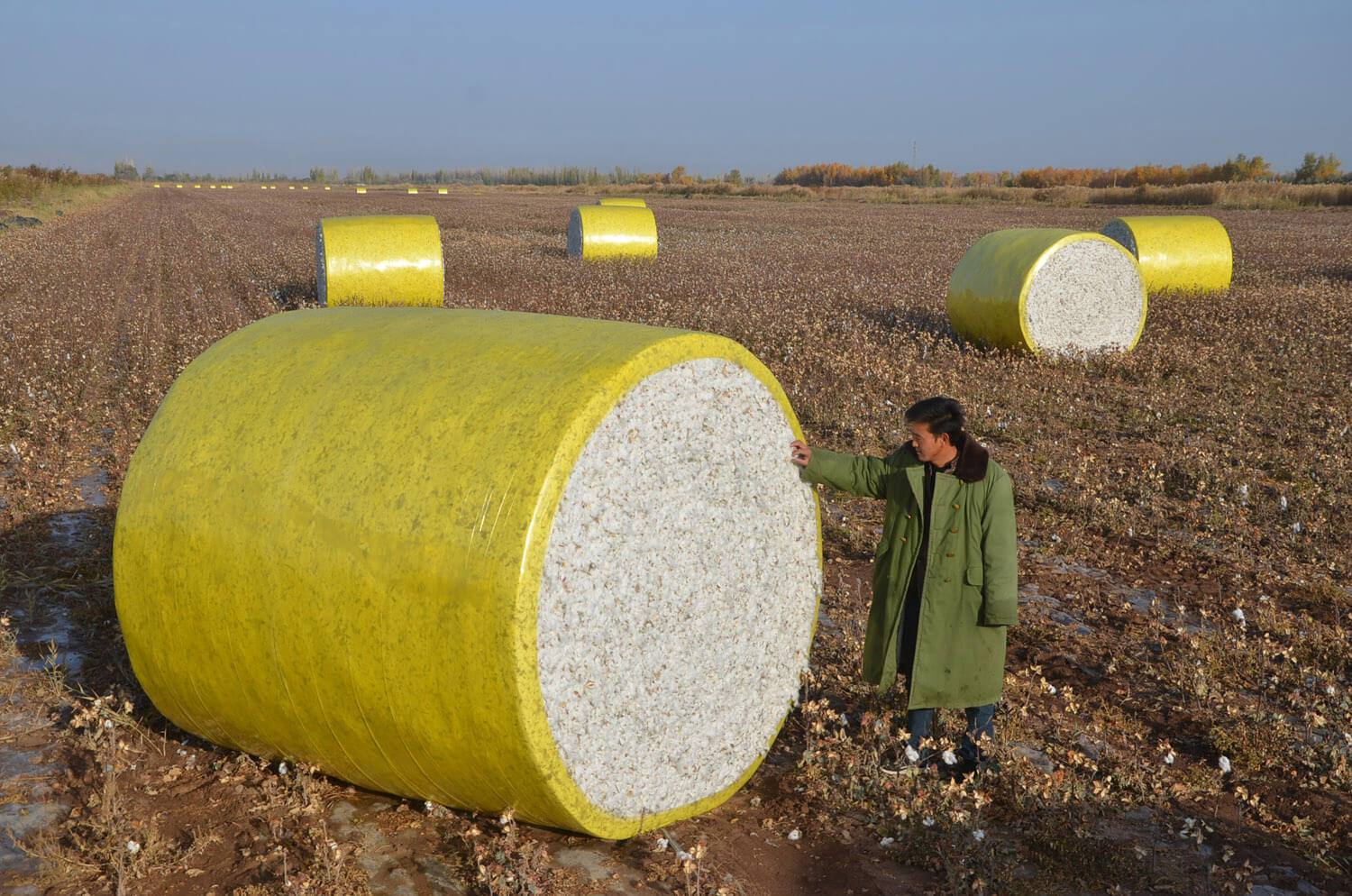
Is your clothing brand environmentally oriented? Would you like to do something for environmental protection?
I recommend considering using more organic fabric when developing and designing new launches.
As a clothing manufacturer that values environmental protection for a healthier and better tomorrow. We will provide 2%discount for orders using organic cotton.
Want to know more about organic cotton and clothing production? Welcome to contact us or leave your comment.
